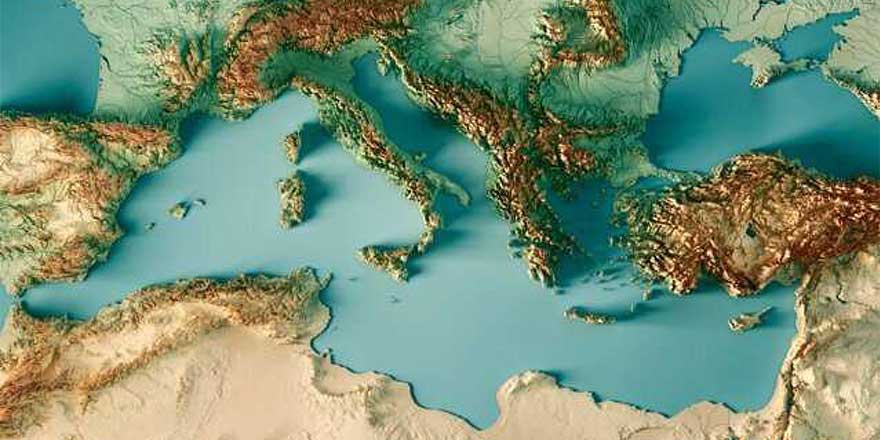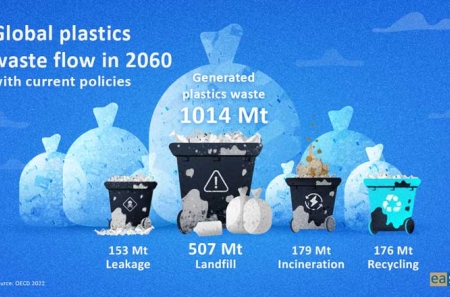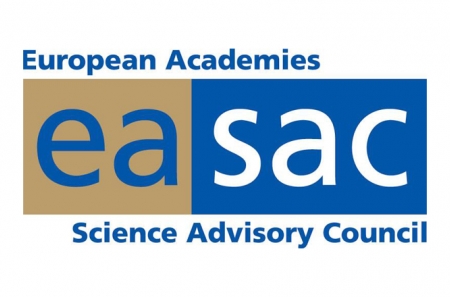
The Mediterranean and Middle East regions are “hotspots” for climate change-related health risks
14 October 2021Downloads
The new workshop report “Tackling the effects of climate change on health in the Mediterranean and surrounding regions” includes assessments from the region and recommendations for policy-makers and the scientific community
There is increasing evidence of adverse effects of climate change on health worldwide, both direct and indirect, mediated by disruption in ecological and socio-economic systems. This increasing awareness on health issues results in new requests for robust evidence that is required by decision-makers to develop informed policies on climate change adaptation and mitigation solutions.
The Mediterranean and Middle East regions are “hotspots” and the effects of climate change are greater here than in other regions. But there is also less information currently available to quantify the effects, understand attribution, and implement solutions in this region compared to some others.
To tackle this issue, the European Academies’ Science Advisory Council (EASAC), the InterAcademy Partnership (IAP), and the Health Task Force of the Eastern Mediterranean and Middle East Climate Change Initiative (EMME-CCI), with the support of The Cyprus Institute (CyI), organized a workshop on 6 May 2021. This online event provided participants with the chance to assess the scientific base and evaluate options for protecting and promoting human health in the face of climate change in the wider Mediterranean and Middle East regions, and to inform policy through initiatives by the Cyprus Government, EASAC and IAP.
Topics included the effects of extreme weather events, water shortage, food security, infectious diseases, air pollution, and health issues of displaced populations, among others. Special interest was given to future implications of climate change in the Eastern Mediterranean and Middle East region and the benefits of climate change policy, and to integrating mitigation and adaptation solutions.
Professor Sir Andy Haines of the London School of Hygiene & Tropical Medicine gave a keynote presentation on ‘Climate change and health - from impacts to action’. The EMME-CCI Task Force on climate change and health presented their preliminary findings, and experts from 16 countries from the Mediterranean and Middle East regions gave presentations on different aspects of climate change, health and policy.
The key conclusions from this workshop are
- Despite the Mediterranean’s diversity in geography, socio-economic status, health systems, scientific infrastructure, research capabilities, and the degree to which research outputs are used to guide policy and practice, there are also commonalities across the region.
- Commonalities include the challenges to health posed by climate change, the need to develop resilient and equitable health systems, and to address fragmentation of research systems. There are unprecedented opportunities to capitalise on scientific advances worldwide to develop the solutions, adapted to local contexts, for all regions.
- It is important for the region to develop collaborations between scientific disciplines and countries in research and data collection, sharing infrastructure, skills and methodologies, to fill knowledge gaps, avoid wasteful duplication of research effort, and build trust in responsible science with other stakeholders.
- The scientific community must work together not only to generate new knowledge but also to advise how to use the knowledge that is already available, as a resource for innovation, to guide practice and inform public policy options.
- There must also be integration in the use of the scientific evidence for policy not only between disciplines and countries, but also across sectors. Health issues are relevant to the formulation of policy in many sectors beyond the formal responsibility of health sector policy-makers.
- Coordination of effort is essential to understand trade-offs, avoid inadvertent consequences and capture synergies for diverse policy actions.
- Policy decisions must take into account societal attitudes towards risk and other social values. There is significant variation in attitudes and values across the Mediterranean region: national academies of science are well placed to help policy-makers understand diversity so that the regional emphasis in policy can be science-based and economically and socially feasible.
In addition, the information gathered during the course of this workshop will inform the report of the Eastern Mediterranean and Middle East Climate Change Initiative, to be submitted to the Government of Cyprus in autumn 2021, and the global IAP project on ‘Climate Change and Health’, which will publish its regional and global reports in 2022.
For more information:



